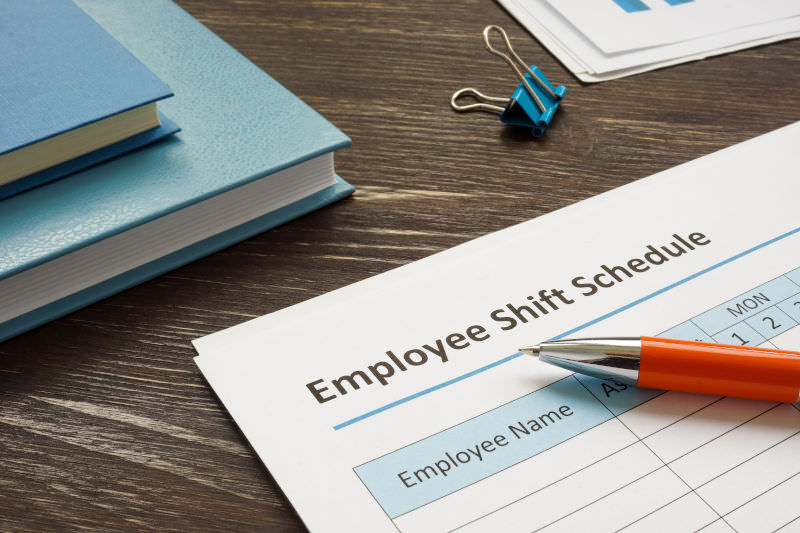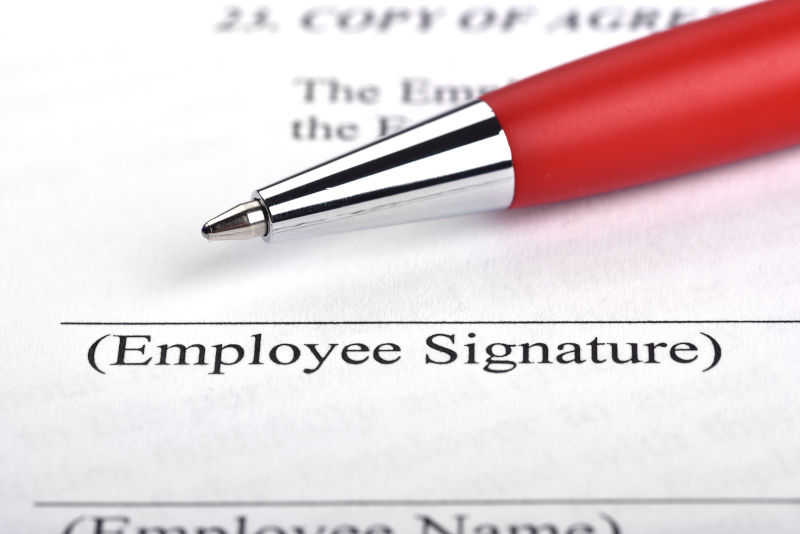Life can produce many unexpected and concerning situations involving our loved ones. Children get chicken pox, fall off climbing frames, or sadly, may have a long-term health condition. Ageing parents likewise might become ill or have an accident. But what happens when you need to take time off for dependants or love ones in your life who need your help?
Well, many employers will be sympathetic and some may even have a policy in place under which you are allowed to take off a certain amount of time. But where that is not the case, you do have a legal right to take time off for dependants in certain situations.
What is a dependant?
Who counts as one of your dependants for the purposes of this right is set out in legislation (the law which gives you this right). A “dependant” means:
- a husband or wife or a civil partner,
- a parent,
- a child, or
- a person who lives in the same house as you (other than as a tenant or lodger) and relies on you for assistance if they are ill or injured.
Grandparents, brothers, sisters, aunts, uncles and close friends are not covered (unless they fall into the last category).
What must the time off be for?
The reasons for taking time off are quite limited. It is only allowed to enable you to take action which is necessary for the following:
- To provide assistance on an occasion when a dependant falls ill, gives birth, is injured or assaulted. This covers both physical and mental ill health and injury.
This means allowing you to attend the situation to help your loved one at the time it happens.
- To make arrangements for the provision of care for a dependant who is ill or injured. Again, this covers both physical and mental ill health and injury.
The wording is important and limits the right to time off for dependants, other than dealing with the immediate situation, to arranging care and, generally, not providing it yourself.
For instance, you get a call from school to say your child has chicken pox. They will need to be collected from school and will only be able to go back when they are no longer infectious, usually after about a week.
You are entitled to time off to collect your child from school and take them home but you are not entitled to take time off to look after your child until they are able to go back to school. This is because the right to time off is not to provide the care yourself but to enable you to arrange for someone else to do it (see “How much time off can I take?” below).
Likewise, you would not be entitled to accompany a parent for test results or treatment for a health condition.
- In consequence of the death of a dependant.
This covers being able to register a death and make funeral arrangements.
- Because of an unexpected disruption or ending of arrangements for the care of a dependant.
For example, your toddler is looked after by a childminder. The childminder calls you to say they are ill and cannot have your child that day. In this situation you will be entitled to reasonable time off to look after your child.
“Unexpected” does not mean “sudden” though. So while most unexpected situations will arise suddenly, if you have known about it for a while, such as the carer of your father taking a day’s holiday, but genuinely have not been able to make alternative arrangements, you should still be able to take time off.
- To deal with an incident involving your child and which occurs unexpectedly whilst your child is at school.
This covers your child being excluded or suspended from school due to their behaviour.
How much time off can I take?
The right is to take off “a reasonable amount of time” in respect of the situation. This will depend on the circumstances and the particular incident but the impact on your employer’s business should not be taken into account. Case law has set out that in terms of making arrangements for the care of a dependant who is ill, “a reasonable amount of time” will be no more that one or two days.
Is the time off paid?
No. The legal right to time off is not paid although some employers may allow paid time off under a policy or simply decide to allow it in the circumstances.
What should I do if I need to take time off?
If the situation falls within the categories set out above in “What must the time off be for?”, all you have to do is tell your employer:
- the reason for your absence as soon as you can, and
- for how long you expect to be off.
What if my employer refuses me the time off?
You can bring a claim in an employment tribunal if you are not allowed to take the time off and the tribunal can order your employer to pay you compensation.
The law also protects you from being treated unfairly or from being dismissed because you have used this right. Click here for information on the general right to claim unfair dismissal.
You must bring a claim within 3 months subject to ACAS Early Conciliation.
What if I need more time off?
Talk to your employer if you need to take more time off than the legal right. Using your holiday entitlement could be an option or your employer might allow you a further period of unpaid leave. Where you have a dependant with a long-term health issue or injury, requesting flexible working may also be an option for you if changing your working hours on a permanent basis might help.
Contact us
With an honest and ethical approach to law, at Truth Legal you will have access to our specialist team of lawyers to help you with all your employment law matters. Our Head of Employment Law is Navya Shekhar, an employment law solicitor with over 10 years’ experience.
If you have been refused the right to time off for dependants or have been mistreated as a result of taking it – call us on 01423 788538 or contact us here.
Further Reading
From one of the UK’s most read legal blogs.











